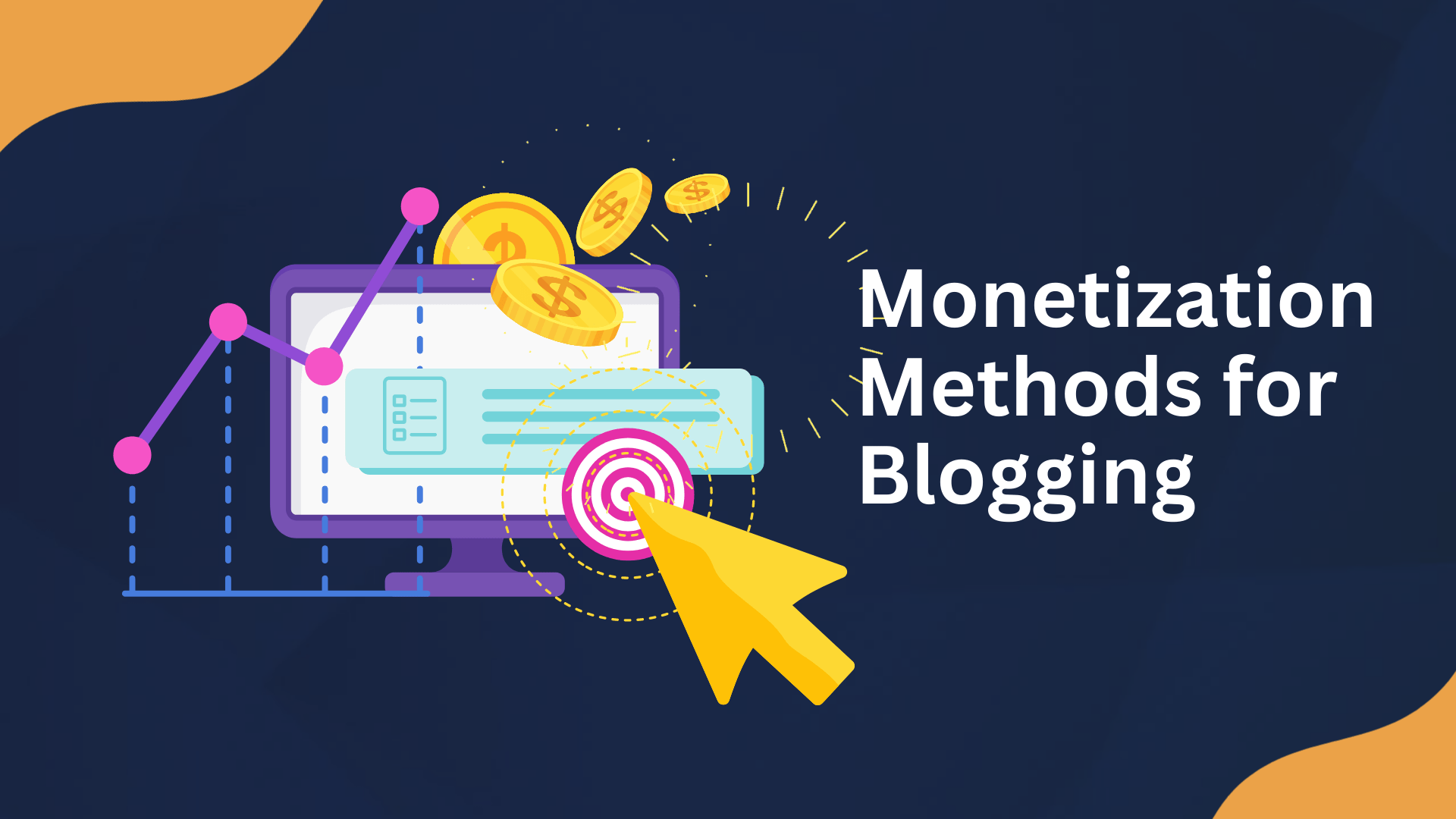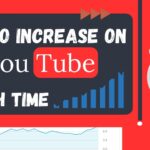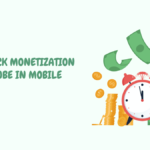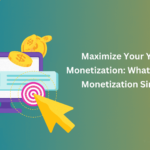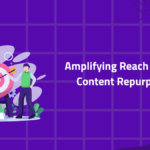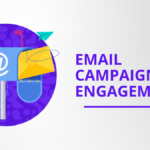Monetization Methods for Blogging: Advantages and Disadvantages
In today’s digital age, blogging has become a popular way for individuals to share their thoughts, expertise, and passion with a global audience, in this factor monetization methods for blogging are essential for blogging. Not only does it provide a platform for self-expression, but it can also be a profitable endeavor if approached strategically. Monetizing a blog involves implementing a variety of strategies to generate income from your online content. In this article, we’ll explore the different monetization methods for blogging, discussing the advantages and disadvantages of each approach.
Table of Contents

Introduction of Monetization Methods for Blogging
Blogging has grown from just a hobby to a powerful tool for individuals and businesses to connect with audiences. As bloggers invest time and effort in creating valuable content, they can explore various monetization methods to turn their passion into profit. However, it is necessary to weigh the pros and cons of each approach to determine the approach best suited for your blog’s goals and audience.
Affiliate Marketing
Affiliate marketing is a popular method where bloggers promote products or services of other companies through unique affiliate links.When a reader makes a purchase through the link provided, the blogger earns a commission from that click. This method allows bloggers to earn passive income by taking advantage of their audience and credibility. However, maintaining trust requires careful product selection and transparent disclosure.
Display Advertising
Display advertising involves placing ads on your blog, and you earn revenue based on ad impressions or clicks. Services like Google AdSense facilitate this process, making it relatively simple to implement. Nevertheless, display ads can sometimes hinder the user experience and may not generate enough income until your blog attracts significant traffic after Monetization Methods for Blogging.
Sponsored Posts and Reviews
Bloggers can collaborate with brands to create sponsored content or product reviews. This method provides a steady stream of income, and you have control over the content you create. However, authenticity is key, and overly promotional posts can alienate your audience.
Selling Digital Products

Creating and selling digital products such as e-books, online courses or templates allows bloggers to showcase their expertise and provide value to their audience. Although this method can be profitable, it requires additional time and effort to develop a high-quality product.
Membership and Subscription Models
Offering premium content through a membership or subscription model can provide a reliable income stream. Subscribers get access to exclusive content, and bloggers can foster a sense of community. However, consistently delivering valuable content is necessary to justify the subscription cost.
Donations and Crowdfunding

Some bloggers rely on the help of their readers through gifts or crowdfunding steps like Patreon. This approach provides creative freedom and a direct connection with your audience. Nevertheless, success depends on building a dedicated and supportive fan base.
E-commerce and DropShipping
Setting up an online store or partnering with dropshipping companies allows bloggers to sell physical products related to their field. This method diversifies income sources but involves managing inventory and customer service.
Online Courses and Workshops
Hosting online courses or workshops based on your expertise can be lucrative and effective. Participants pay for valuable knowledge, but creating and marketing these offerings requires substantial effort.
Consulting and Coaching Services
If you have special skills or knowledge, providing consulting or coaching services can be a high-income option. However, success depends on building authority and establishing a strong personal brand.
Advantages of Monetizing a Blog
Monetizing a blog offers many benefits, including:
- Flexible Income: Bloggers can choose methods that suit their strengths and preferences.
- Passive Income: Certain methods generate consistent income with minimal ongoing effort.
- Professional Growth: Monetization can lead to personal and professional growth.
- Diversified Revenue: Multiple income streams provide financial stability.
Disadvantages of Monetizing a Blog
Monetization also comes with its own challenges, such as:
- Time-consuming: Additional time and resources are required to manage monetization methods.
- Audience perception: Excessive commercialization can alienate your audience.
- Unpredictable Income: Income can vary, making financial planning more complicated.
- Quality vs. Quantity: Balancing monetization with valuable content can be difficult.
Conclusion
Monetizing a blog can open the door to financial freedom and personal satisfaction. However, success requires a thoughtful approach that prioritizes audience needs and values. By choosing the right monetization methods and maintaining authenticity, bloggers can turn their passion for writing into a sustainable income source.
FAQs
Q1. Can I use multiple monetization methods at once?
Answer. Yes, a combination of different methods can diversify your sources of income.
Q2. Is Affiliate Marketing Suitable For New Bloggers?
Answer. Affiliate marketing can be a good starting point, but focus on building trust first.
Q3. How can I stop the overabundance of ads on my blog?
Answer. Limit the number of ads, prioritize user experience and choose relevant placements.
Q4. What if my blog topic is too specific for certain monetization methods?
Answer. Explore niche-specific options or consider expanding your content to appeal to a wider audience.
Q5. Are There Any Legal Considerations When Monetizing A Blog?
Answer. Yes, you must disclose affiliate links and comply with advertising regulations in your area.
See our other blogs click me
